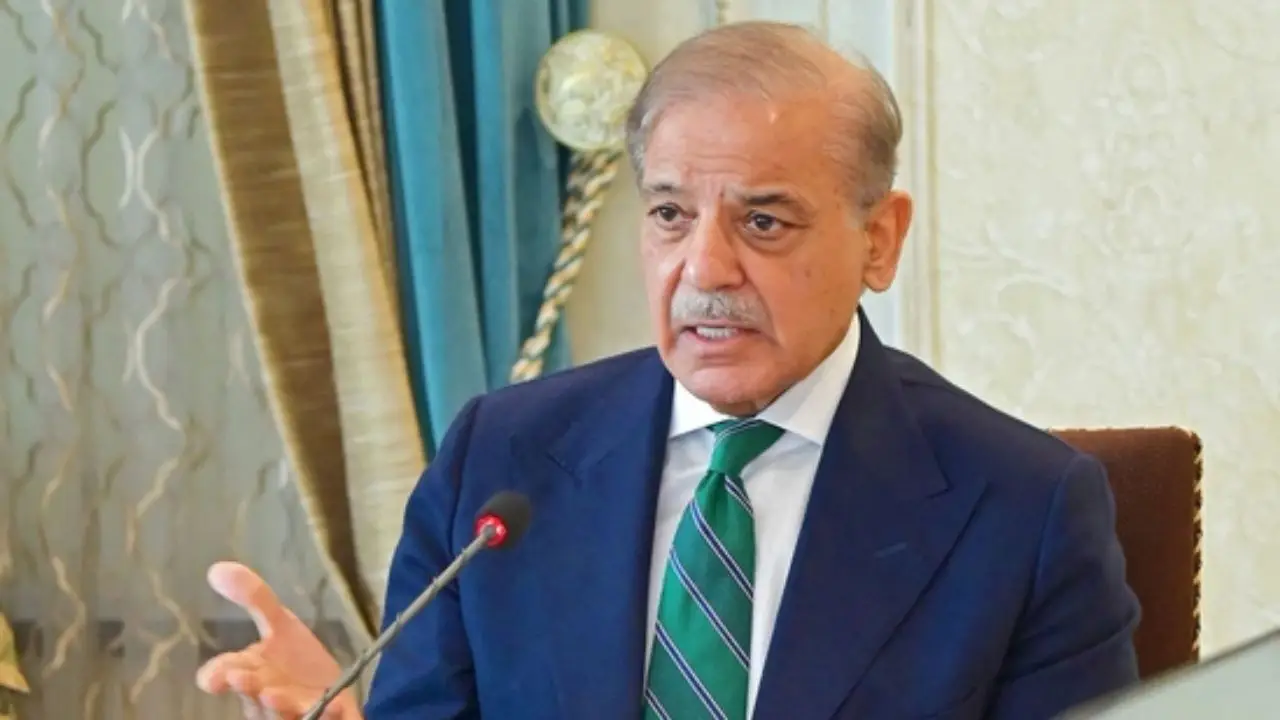
Pakistan shuts airspace to Indian airlines, suspends trade (PTI)
New Delhi: Following the brutal April 22 terror attack in Pahalgam, which killed 28 Indian civilians, authorities in Pakistan-occupied Kashmir (PoK) have issued an emergency directive for residents along the Line of Control (LoC) to stockpile food and essentials for two months. This move reflects a growing fear of imminent Indian military action. PoK Prime Minister Anwarul Haq made the appeal publicly in the legislative assembly, signaling Pakistan’s unease over India's increasing military readiness and diplomatic pressure after the attack.
The Pahalgam carnage has been linked to Lashkar-e-Taiba operatives, including former Pakistani commando Hashim Musa. Investigations have revealed that the attackers used ISI-backed safe houses in Muzaffarabad as launchpads. India has responded strongly—by suspending the Indus Waters Treaty, expelling Pakistani diplomats, and sealing the Wagah-Attari border—moves that have rattled Islamabad. Prime Minister Narendra Modi has reportedly granted operational autonomy to the Indian armed forces, signaling a no-tolerance policy against terror from across the border.
The Pakistani military appears unsettled. The Navy has moved vessels to new positions, while the Air Force has halved its operations to reduce risk amid heightened aerial alertness. Pakistan’s Information Minister Attaullah Tarar has gone on record saying there’s credible intelligence of an Indian strike within the next 24 to 36 hours, intensifying civilian panic. This led to a dramatic crash in the Pakistan Stock Exchange, which plunged by more than 3,500 points, reflecting widespread national anxiety. Civilians in PoK are seen rushing to stock up on ration supplies, fearing that a full-scale military escalation may be unavoidable.
On the international front, Pakistan has struggled to find support. Except for China, which has called for a “neutral probe,” most global powers, including the U.S., the UN, and major Gulf countries, have called for restraint. Meanwhile, India has proactively briefed its allies, including regional players like the Taliban, to isolate Pakistan diplomatically. The clear and coordinated narrative emerging from New Delhi has placed the burden of explanation squarely on Islamabad’s shoulders.
The emergency measures in PoK, including ration hoarding directives, paint a picture of a region anticipating the fallout of its own miscalculations. India’s carefully measured but resolute stance appears aimed at dismantling terror infrastructure without plunging into an all-out war. Yet, the signals from both sides suggest that the LoC could once again become the epicenter of a dangerous conflict.





Copyright © 2026 Top Indian News
